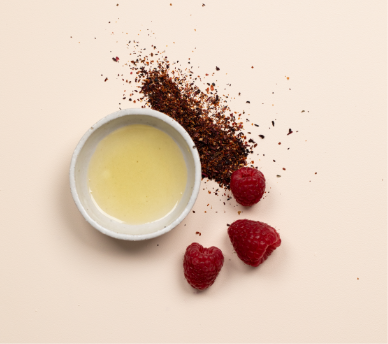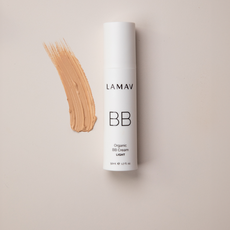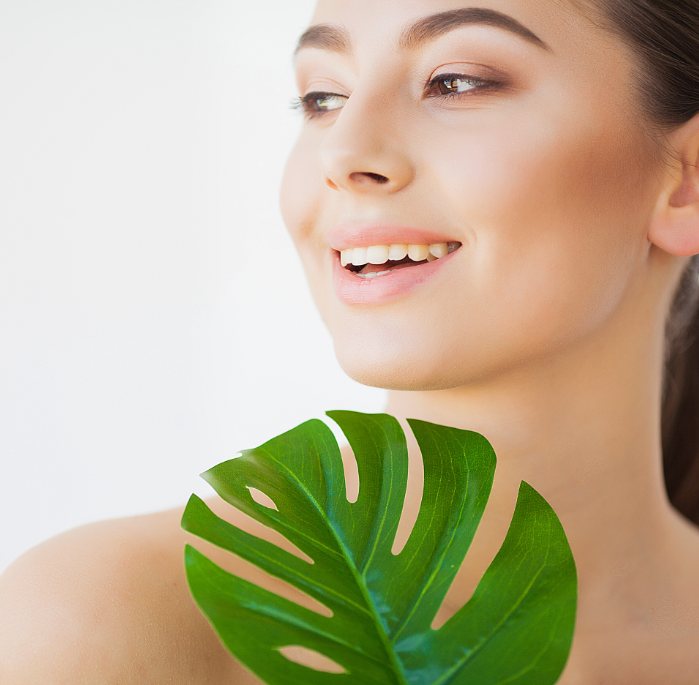The Hidden Risk of Phthalates in Cosmetics
Making the decision to buy organic beauty products means that you are already aware of the harmful chemicals present in numerous cosmetics and skin products that you may use, or may have used in the past. But, do you realise just how harmful some of these chemicals can actually be?
There are a distinct group of chemicals called phthalates that have serious negative effects on health. I know what you’re asking yourself, “What are phth…lates?!”
What Are Phthalates?
Phthalates are chemicals, sometimes called “plasticizers,” because they are usually used to soften plastic thus make it easier to work with. For example, a shower curtain almost always contains these chemicals. They are also used in the plastic of baby toys, which obviously is a real concern as most toys find their way into a baby’s mouth. It doesn’t stop there though. Phthalates are also used in many cosmetics, including skin products, hair products and some well-known fragrances such as Poison by Dior and Escape by Calvin Klein.
Why Do Manufacturers Use Phthalates In Cosmetics?
So why exactly are these harmful chemicals present in such personal products? Well, for the same reason chemicals are used to preserve food – phthalates are used to increase the longevity of cosmetics. Phthalates in body lotions allows the lotion to cling better to the skin, and in hair products; it allows the product to cling better to the hair and keep it stiffer longer.
What Are The Harmful Effects of Phthalates?
Surely phthalates can’t be that bad if they are present in the products that we apply right onto our skin, right? WRONG. Phthalates are known as endocrine disrupting chemicals or EDCs. What does this mean? When absorbed by the body, they act as estrogens that interfere with metabolism and normal hormonal function.
“Women have historically had higher levels of phthalates in their bodies than men, so the steep decline of certain toxic phthalates in women is a good sign,” she continues “However, we remain concerned that manufacturers may be swapping out high profile toxic phthalates for less well-known phthalates, meaning the potential for harm remains real and more research must be done to protect public health.”
Alexandra Scranton, Director of Science and Research at Women’s Voices for the Earth
Even though this Temporal Trends in Phthalate Exposures study published earlier this year in Environmental Health Perspectives indicates that toxic phthalates are declining in cosmetics due to consumer demand, it’s hard to ignore the multitude of conditions associated with EDCs which include: infertility, decreased sperm count, endometriosis, breast cancer, asthma, ovarian cancer, obesity and allergies.
How Do I Avoid Phthalates In Cosmetics?
Now that you know more about phthalates, and if you’re like me, the first thing you’re going to do is run to your cosmetics cupboard and check every product for these toxic chemicals. (Comment on this post if you actually did this!)
Hopefully, these tips will help you distinguish which of your cosmetics products can stay, and which should go.
Check the ingredients list – all cosmetics should have their ingredients listed on them so look for terms like “dibutyl phthalate,” “diethyl phthalate”. If you see one or more of these ingredients listed on your products, toss them and opt for natural, organic skincare and makeup.
Adopt a fragrance-free policy – while phthalates as an ingredient that has to be listed on products, if they are just part of the fragrance, companies do not have to disclose them separately so look out for that hidden term, “fragrance,” and rather opt for skin care products that contain natural scents.
Call the company – if you’re still not sure, visit the company website and find an ingredients list or give them a call directly, they will be able to tell you whether their products contain phthalates or not
BCACTION.ORG compiled a thorough listing of phthalate-free cosmetics companies and you can rest assured that even though La Mav isn’t on this list (yet!) our products are also phthalate-free.
If you find this post helpful, let us know by sharing it.










